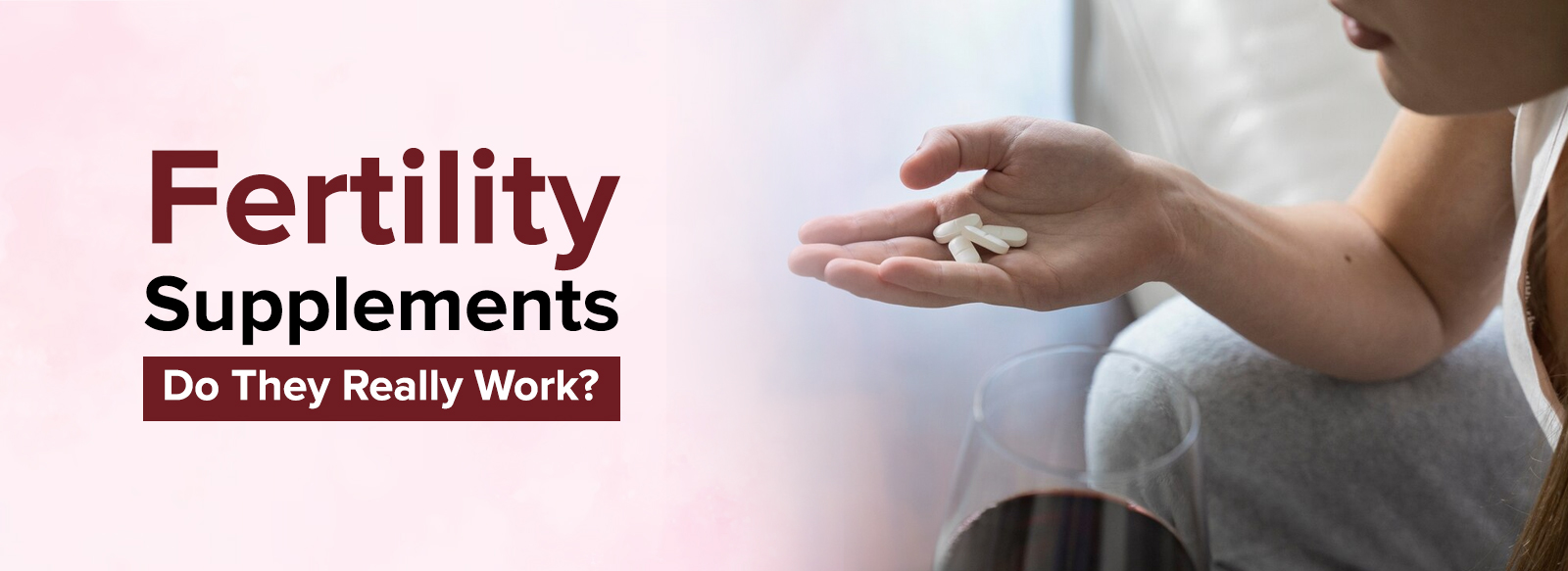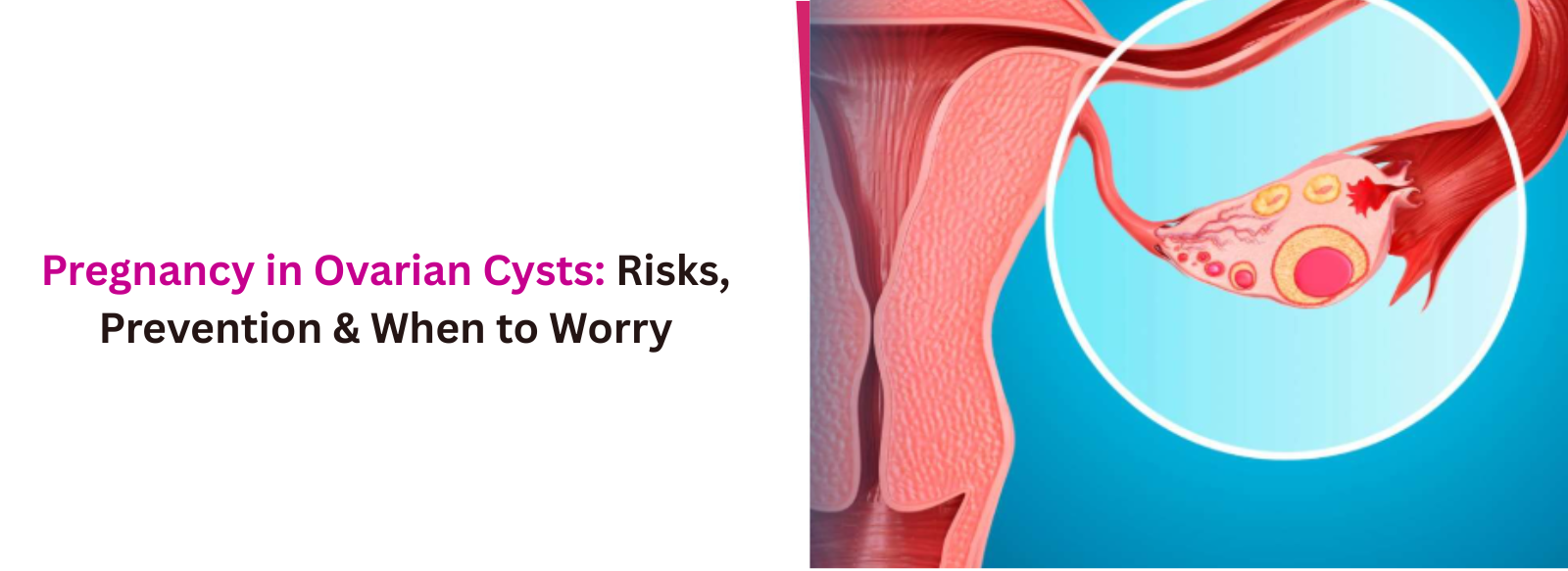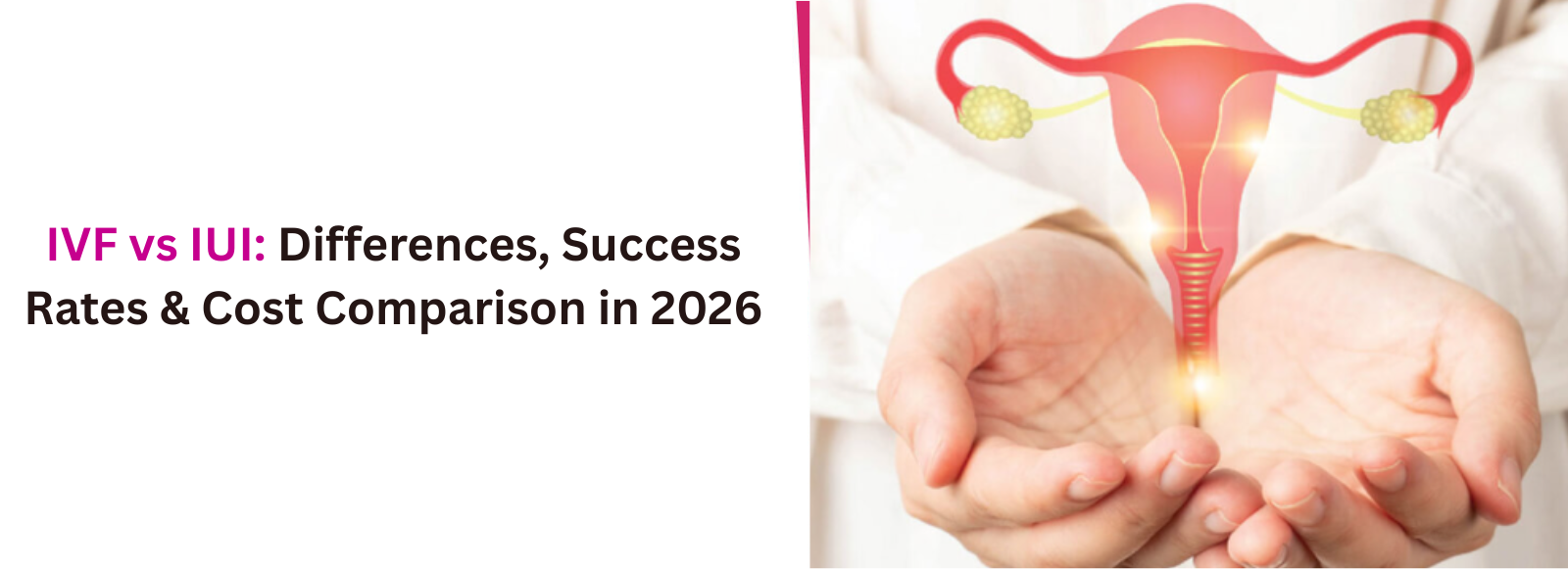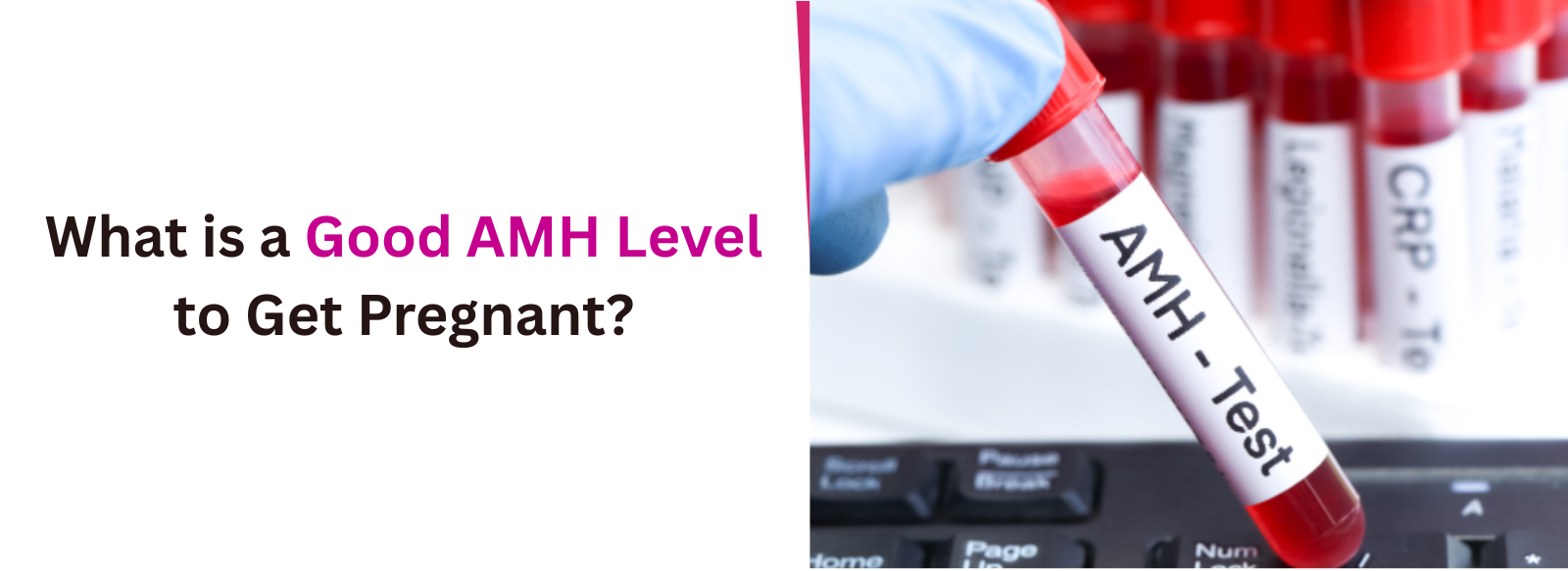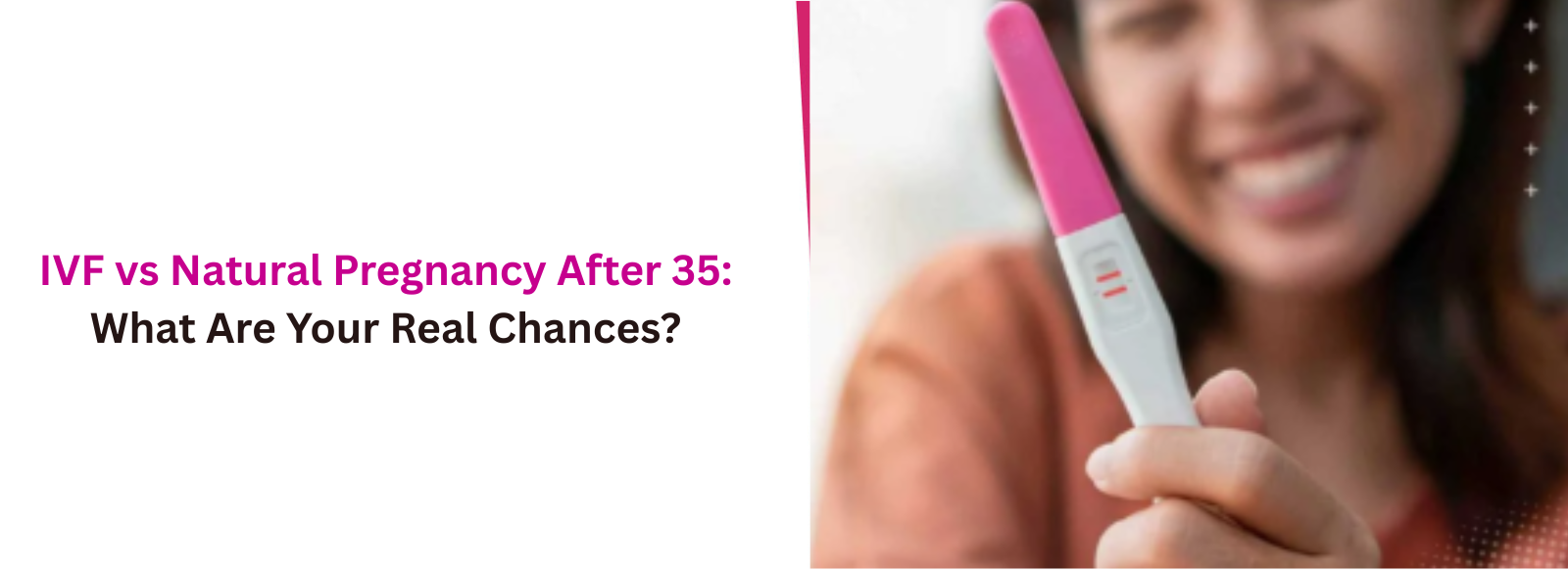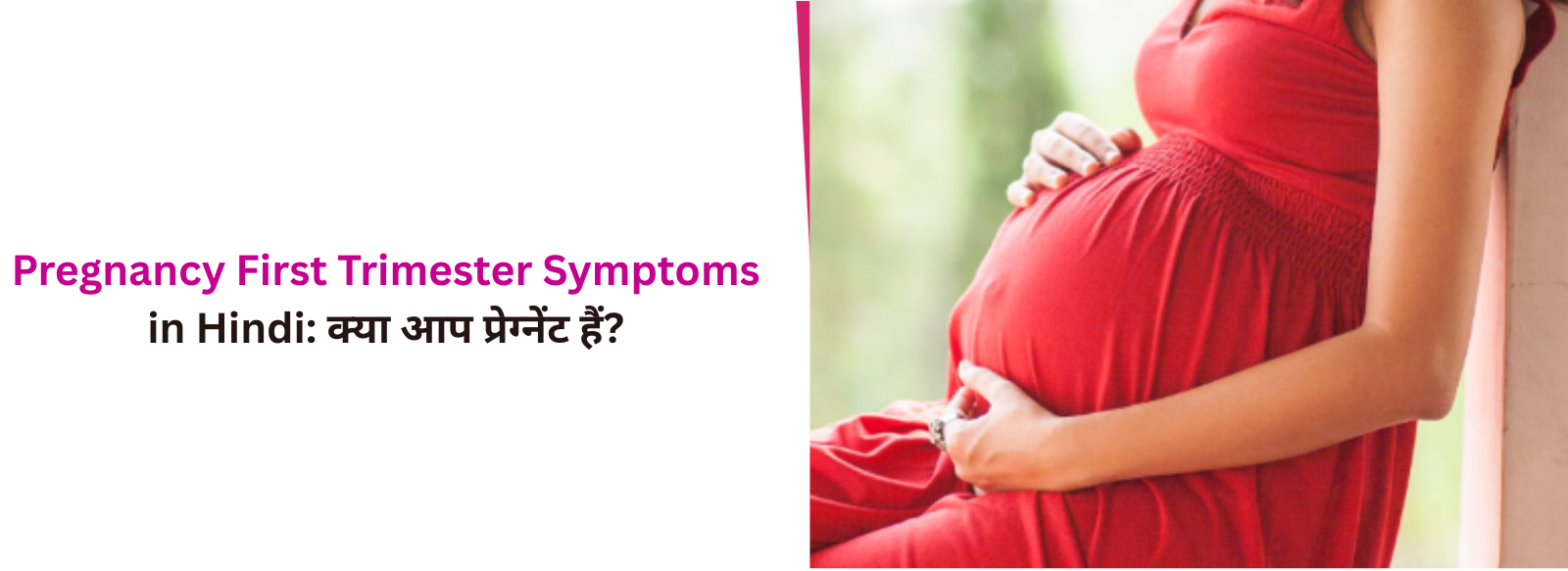In recent years, fertility supplements have gained popularity as a potential solution for couples struggling with infertility. These supplements claim to boost fertility and increase the chances of conception. But do they really work? A direct answer to the question "Do fertility supplements really work?" can be: "Yes, fertility supplements may offer some benefits, but research is mixed and inconclusive." In this article, we'll explore the world of fertility supplements, including what they are, how they work, and whether they are worth considering for improving fertility.
What Are Fertility Supplements?
Fertility supplements are dietary supplements that contain vitamins, minerals, herbs, or other ingredients believed to enhance fertility. They are often marketed as natural remedies to support reproductive health in both men and women.
Key Ingredients in Fertility Supplements:
Folic acid, also known as vitamin B9, plays a crucial role in DNA synthesis and repair. It is particularly important during early pregnancy for the development of the neural tube in the fetus, which later becomes the brain and spinal cord. Folic acid supplementation is recommended for all women of childbearing age to reduce the risk of neural tube defects in their offspring. Additionally, folic acid may also improve fertility in women by aiding in the production of healthy eggs.
Vitamin D is known as the "sunshine vitamin" because our bodies can produce it when exposed to sunlight. Vitamin D deficiency has been linked to various reproductive disorders, including infertility. Both men and women require adequate levels of vitamin D for optimal fertility. Vitamin D may play a role in regulating hormone levels and supporting healthy sperm and egg development.
CoQ10 is a powerful antioxidant that is naturally produced in the body. It plays a crucial role in energy production within cells and is particularly abundant in organs with high energy requirements, such as the heart and liver. CoQ10 supplementation has been shown to improve egg quality in women undergoing fertility treatment. In men, CoQ10 may improve sperm quality by protecting sperm cells from oxidative damage.
L-arginine is an amino acid that plays a role in the production of nitric oxide, a compound that helps relax blood vessels and improve blood flow. In women, L-arginine may improve blood flow to the uterus and ovaries, which can enhance fertility. In men, L-arginine supplementation has been shown to
improve sperm motility, or the ability of sperm to swim towards the egg.
Dehydroepiandrosterone (DHEA) is a hormone that is naturally produced by the adrenal glands. DHEA levels decline with age, and supplementation may improve ovarian function and fertility in women with diminished ovarian reserve. DHEA may help stimulate the production of estrogen and testosterone, hormones that are important for reproductive health.
Zinc is an essential mineral that plays a crucial role in many bodily functions, including immune function, DNA synthesis, and cell division. In men, zinc is important for sperm production and testosterone metabolism. Zinc deficiency has been linked to reduced sperm quality and infertility in men. In women, zinc is involved in the production of eggs and may play a role in implantation and early embryo development.
Vitex is an herb that has been used for centuries to treat various reproductive disorders in women. It is believed to help regulate menstrual cycles by affecting hormone levels in the body. Vitex may also improve fertility in women by balancing hormone levels and promoting ovulation.
Fertility Supplements: Do They Really Work?
While some studies suggest that certain ingredients in fertility supplements may have a positive impact on fertility, the overall evidence is mixed. It's important to note that fertility supplements are not regulated by the FDA, so their effectiveness and safety are not guaranteed. Additionally, individual results may vary, and it's always best to consult with a healthcare provider before starting any new supplement regimen.
Potential Side Effects of Fertility Supplements:
While fertility supplements are generally considered safe for most people, they may cause side effects in some individuals. These side effects may include:
- Nausea
- Upset stomach
- Headache
- Allergic reactions
It's important to speak with a healthcare provider before taking fertility supplements, especially if you have any underlying health conditions or are taking medications.
Practical Tips for Improving Fertility:
While fertility supplements may offer some benefits, there are several other lifestyle factors that can also impact fertility. Consider the following tips:
- Maintain a healthy weight: Being underweight or overweight can affect fertility in both men and women.
- Eat a balanced diet: A diet rich in fruits, vegetables, whole grains, and lean proteins can support reproductive health.
- Manage stress: Stress can impact fertility, so finding healthy ways to manage stress is important.
- Avoid smoking, alcohol, and drugs: These substances can negatively affect fertility in both men and women.
Conclusion:
In conclusion,
fertility supplements may offer some benefits for improving fertility, but the evidence is not conclusive. It's important to approach these supplements with caution and consult with a healthcare provider before starting any new regimen. Additionally, focusing on overall health and wellness through diet, exercise, and stress management can also support fertility.If you’re experiencing infertility or have concerns about your pregnancy's health, consider consulting with a specialist. Vardaan Hospital is a leading
IVF center in Punjab, with over 24 years of experience and 30,000+ happy couples. Our expert team can provide personalized care and guidance to help you achieve optimal menstrual health and overall well-being. For more information or to schedule a consultation, visit Vardaan Hospital’s website or contact us at +91 9814021991.

